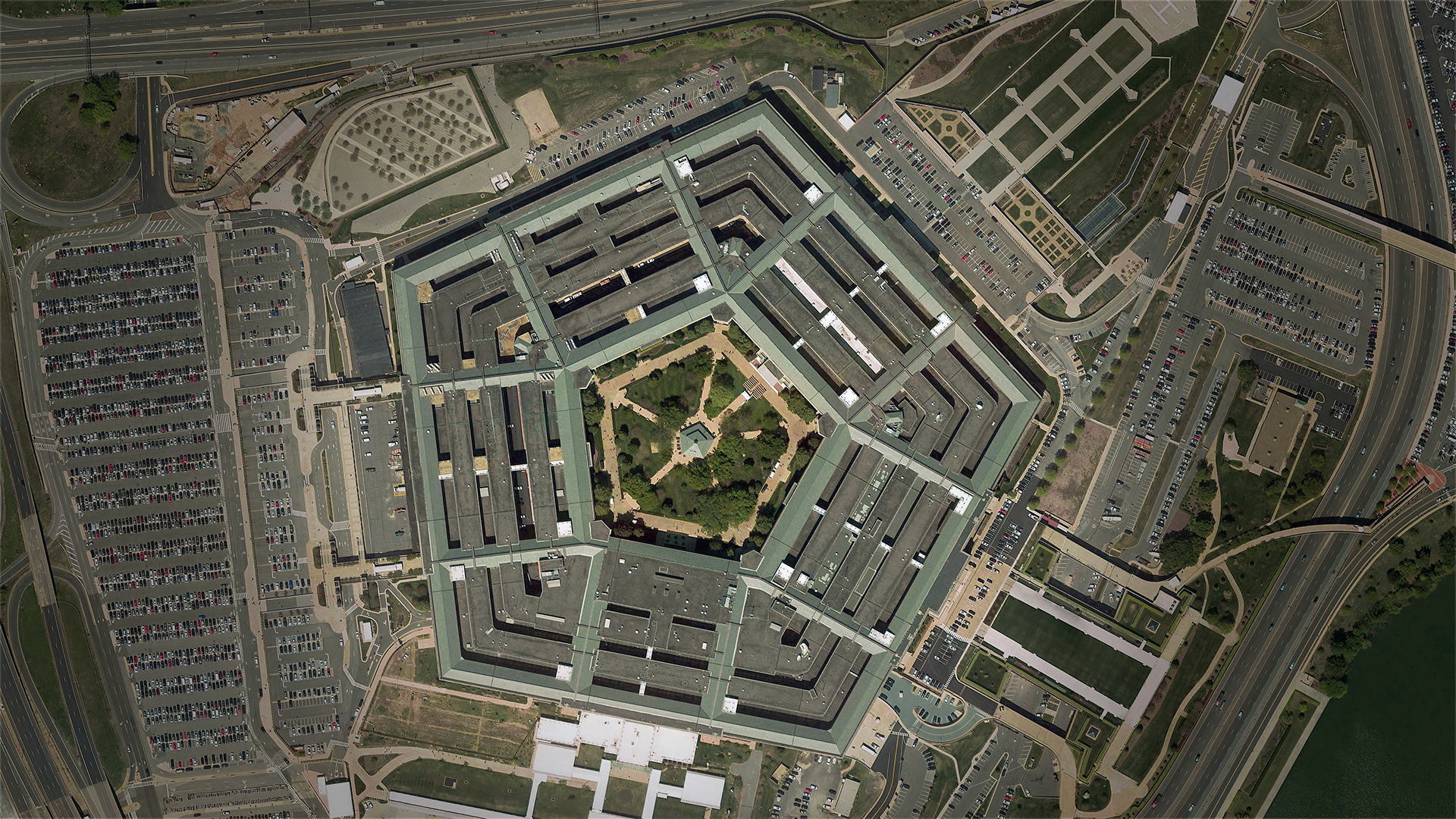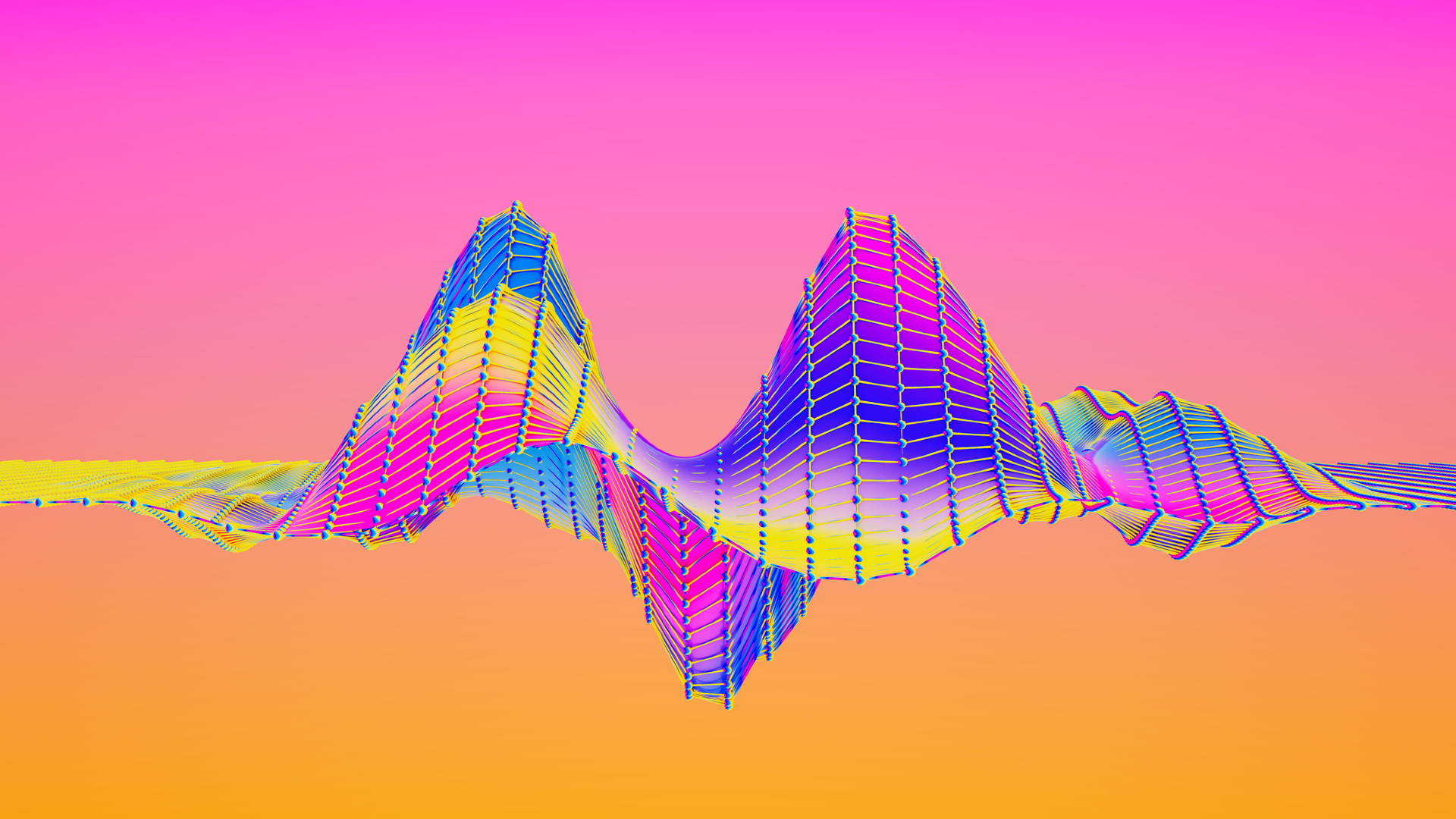The Pentagon is officially opening a UFO investigation office
The government is getting serious about UFOs.

Get the world’s most fascinating discoveries delivered straight to your inbox.
You are now subscribed
Your newsletter sign-up was successful
Want to add more newsletters?

Delivered Daily
Daily Newsletter
Sign up for the latest discoveries, groundbreaking research and fascinating breakthroughs that impact you and the wider world direct to your inbox.

Once a week
Life's Little Mysteries
Feed your curiosity with an exclusive mystery every week, solved with science and delivered direct to your inbox before it's seen anywhere else.

Once a week
How It Works
Sign up to our free science & technology newsletter for your weekly fix of fascinating articles, quick quizzes, amazing images, and more

Delivered daily
Space.com Newsletter
Breaking space news, the latest updates on rocket launches, skywatching events and more!

Once a month
Watch This Space
Sign up to our monthly entertainment newsletter to keep up with all our coverage of the latest sci-fi and space movies, tv shows, games and books.

Once a week
Night Sky This Week
Discover this week's must-see night sky events, moon phases, and stunning astrophotos. Sign up for our skywatching newsletter and explore the universe with us!
Join the club
Get full access to premium articles, exclusive features and a growing list of member rewards.
The Pentagon will soon open an office focused exclusively on investigating UFO sightings, according to a statement released by the U.S. Department of Defense (DOD) on July 20.
The new office, named the All-domain Anomaly Resolution Office (AARO), will serve as a central hub that collects, investigates and manages reports of UFO sightings across the DOD, which includes the U.S. Army, Navy and Air Force.
The office will synchronize the federal government's efforts "to detect, identify and attribute objects of interest… and, as necessary, to mitigate any associated threats to safety of operations and national security," according to the statement. "This includes anomalous, unidentified space, airborne, submerged and transmedium objects."
(A transmedium object is one capable of seamlessly moving between land, air and sea — like a UFO that was seen plunging out of the sky and into the ocean in eerie footage captured by the U.S. Navy in July 2019.)
Related: Footage of bizarre metallic UFO shown by Pentagon officials in historic hearing
The U.S. government has taken a renewed interest in UFOs over the past several years, following the 2017 leak of three now-infamous video clips showing mysterious, wingless aircraft soaring at hypersonic speeds past some dumbfounded U.S. Navy pilots. The U.S. Navy officially confirmed and declassified the videos in April 2020, but has provided no explanation for what the mysterious objects might be.
Get the world’s most fascinating discoveries delivered straight to your inbox.
In 2020, the U.S. Senate Select Committee on Intelligence called for an inquiry into UFOs — or unidentified aerial phenomena (UAP), as the government prefers to call them — citing concerns that there was no unified government approach for collecting and analyzing reports of such sightings. In June 2021, the Pentagon released a report on more than 140 UFO sightings by navy pilots — and concluded that there was no evidence of alien activity in any of these instances.
Numerous Freedom of Information Act (FOIA) requests have also resulted in more than 1,500 pages of UFO-related materials being released by the government — including strange reports that certain UFO encounters reportedly left witnesses with radiation burns and "unaccounted for pregnancy."
Funding for the new office has been provided by the National Defense Authorization Act for fiscal year 2022 — essentially, a federal law that specifies the DOD's budget and priorities for the next fiscal year. The new office will be run by Sean M. Kirkpatrick, the chief scientist at the Defense Intelligence Agency's Missile and Space Intelligence Center, according to the statement.
Originally published on Live Science.

Brandon is the space / physics editor at Live Science. With more than 20 years of editorial experience, his writing has appeared in The Washington Post, Reader's Digest, CBS.com, the Richard Dawkins Foundation website and other outlets. He holds a bachelor's degree in creative writing from the University of Arizona, with minors in journalism and media arts. His interests include black holes, asteroids and comets, and the search for extraterrestrial life.
 Live Science Plus
Live Science Plus










